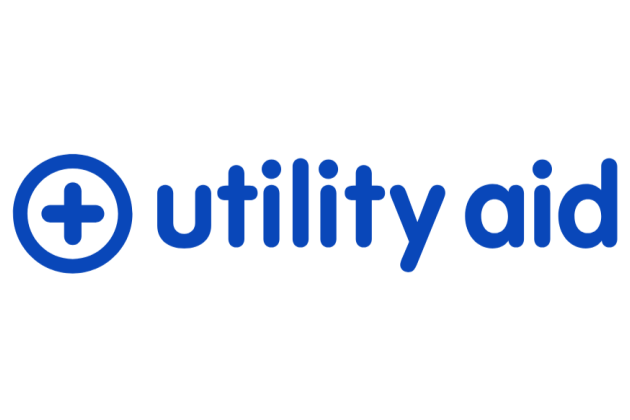
The supplier selection lesson charities cannot afford to ignore
Since 2018, we’ve seen 32 commercial energy suppliers cease trading. For many charities and not-for-profits, this has had a direct and often disruptive impact. From unexpected changes in contracts, financial uncertainty, and the administrative strain of switching supplier’s mid-term.
While Ofgem has strengthened rules since the energy crisis to make suppliers more resilient, some companies will still fail occasionally. The question for charities is how to avoid being caught in these situations in the first place.
The lowest price trap
Here’s the uncomfortable truth: when charities select energy suppliers purely on price, they’re gambling with their organisation’s stability. The lowest price often comes from suppliers operating on the thinnest margins with the least financial resilience. When market conditions change or regulatory requirements tighten, these suppliers are the first to struggle.
We’ve seen this pattern repeatedly. Suppliers win contracts on price, then fail to deliver on service, stability, or compliance. The “savings” evaporate when you’re dealing with the disruption of supplier failure, the administrative burden of switching under emergency conditions, or the uncertainty of not knowing whether your next bill will be accurate.
What should charities consider instead?
Price matters, obviously. Every pound counts for charitable organisations. But price is only one consideration when choosing an energy supplier, and it shouldn’t be the deciding factor. Here’s what else matters:
Financial resilience: Does the supplier have sufficient capital and liquidity to weather market shocks? Are they meeting Ofgem’s requirements not just today, but consistently over time? Have they been subject to provisional orders or compliance investigations?
Service quality: What are their response times? Can you actually speak to someone when problems arise? Do they resolve billing issues promptly, or do errors drag on for months?
Track record: How long have they been operating? Have they successfully navigated previous market challenges? What’s their complaint record with Ofgem?
Sector understanding: Do they understand the specific challenges facing charities and not-for-profits? Are their contracts structured appropriately for organisations managing donor money?
Transparency: Are their fees and charges clear upfront? Do they explain how they make money? Are there hidden costs that appear later?
Why this matters for charities specifically
Charities managing tight budgets and donor funds need to avoid hidden costs and unclear deals more than most organisations. When suppliers fail, it’s more than an inconvenience. It becomes an administrative burden that diverts time and resources away from doing what you do. Staff who should be focused on delivering services are instead managing emergency supplier switches and chasing billing issues.
The disruption isn’t worth the marginal savings from choosing the cheapest option. Stability, reliability and proper service delivery create better value over time than the lowest price.
Stability, reliability and proper service delivery create better value over time than the lowest price.
Moving forward
Since the energy crisis, the market has become more resilient, and strengthened rules around capital requirements and ringfencing customer credit balances mean suppliers must be better prepared for shocks. Some suppliers will still fail, and charities need to protect themselves through informed supplier selection.
At Utility Aid, we’ve spent over 20 years helping charities navigate these decisions. We don’t just find you the cheapest rates. We assess supplier stability, negotiate service guarantees, and ensure charities work with suppliers who understand their unique needs.
Any charity reviewing their supplier arrangements, we’re here to provide straightforward advice without pressure. Sometimes the best thing we can do is help organisations understand their options and make informed decisions that serve their long-term interests.
The lowest price means nothing if your supplier fails six months into your contract. True value comes from competitive pricing combined with financial stability, reliable service, and proper understanding of what charities actually need from their energy partners.
If you would like to speak to a member of the team at Utility Aid, please complete the following contact form.


